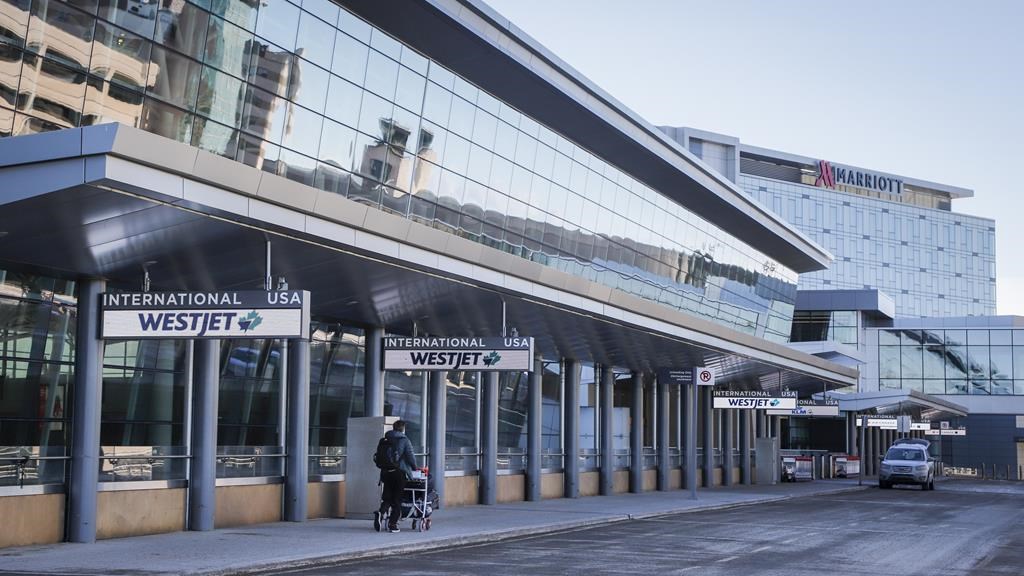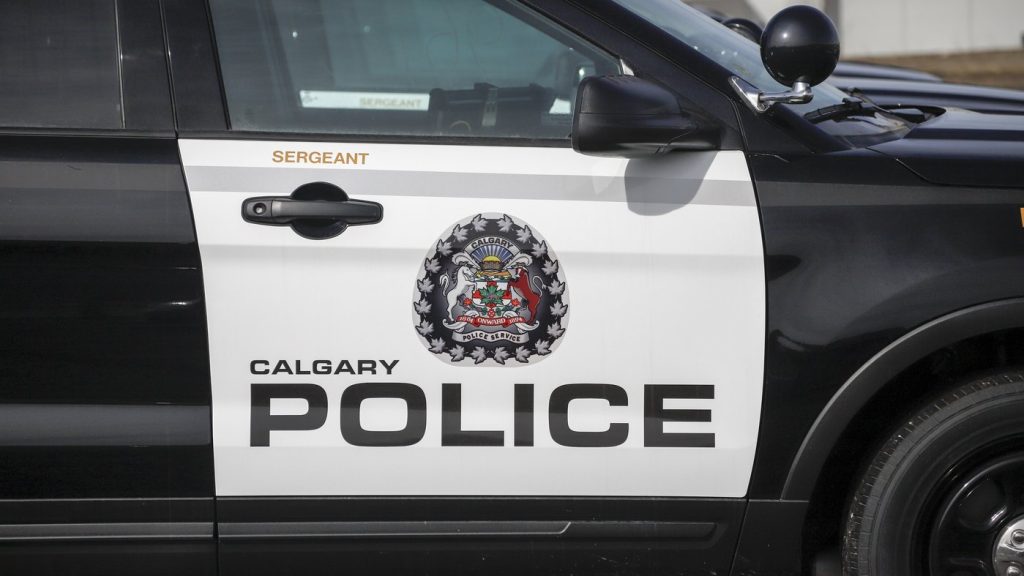EXPLAINER: Can cops stop drivers for hanging air fresheners?
Posted Apr 15, 2021 6:31 pm.
Last Updated Apr 15, 2021 6:44 pm.
The mother of a 20-year-old Black man who was fatally shot by Minnesota police this week says it all started when police pulled her son over for having air fresheners hanging from his rearview mirror.
How, some might ask, can air fresheners be the basis for a traffic stop? The answer: Minnesota is one of a number of states with laws that prohibit drivers from hanging objects from their rearview mirrors on the grounds that the items could obstruct their view.
The laws have led to vehement complaints from civil rights advocates who say police can use them as a pretext for stopping Black motorists.
Daunte Wright was pulled over Sunday by police in the Minneapolis suburb of Brooklyn Center. Police said he was stopped for having expired car registration tags, but Wright’s mother, Katie Wright, said he called her just before he was shot and said he’d been pulled over because of the air fresheners hanging from his rearview mirror.
Police tried to arrest Wright after realizing he was wanted on an outstanding warrant. In the ensuing scuffle, Officer Kim Potter shot him. The city’s police chief, who resigned Tuesday, said he believed Potter meant to fire her Taser, not her gun.
Potter, who also resigned, has been charged with second-degree manslaughter.
HOW MANY STATES PROHIBIT DRIVERS FROM HANGING OBJECTS FROM THEIR MIRRORS AND WINDSHIELDS?
At least five other states — California, Pennsylvania, Arizona, Texas and Illinois — have such laws, but the total number is unclear. The National Conference of State Legislatures does not track such legislation. The American Civil Liberties Union, which has sharply criticized such traffic stops, was unsure how many states allow them.
Minnesota’s law does not specifically mention air fresheners, but says a person shall not drive or operate a motor vehicle with “any objects suspended between the driver and the windshield,” with certain exceptions, including sun visors, rearview mirrors and electronic toll collection devices.
In Virginia, it is still illegal to hang objects in a way that could obstruct a driver’s view, but last year state legislators changed the law so that police can no longer stop a vehicle solely for that offence. Under the new law, police must have another primary reason to first stop a driver.
Brad Haywood, executive director of Justice Forward Virginia, an advocacy organization for criminal justice reform, said as a public defender, he’s represented dozens of people who have been pulled over for having items dangling from their rearview mirrors, including air fresheners and rosary beads.
“I do not remember in my career as a defence attorney representing someone stopped for an obstructed view who was white,” he said. “It’s just been Black and brown people.”
WHAT DO POLICE SAY ABOUT THESE LAWS?
Police say traffic stops for minor violations have helped them solve more serious crimes, including drug trafficking, illegal firearms possession and shootings. They often cite the case of Timothy McVeigh, the Oklahoma City bomber, who was stopped by an Oklahoma Highway Patrol trooper for driving without a license plate about 90 minutes after the 1995 explosion that killed 168 people and injured hundreds more.
Joe Gamaldi, a police sergeant in Houston who is the national vice-president of the Fraternal Order of Police, said he would be “hard-pressed” to find a police officer he’s worked with who has stopped a motorist simply for having air fresheners dangling from the rearview mirror. But he said traffic stops for minor violations can lead to police finding evidence of other crimes.
“There are times where we simply stop someone because they have a taillight out and then that leads to an investigation of drugs, guns — and that gun is about to be used in a drive-by shooting — and because we are able to stop that car, we are able to prevent that,” he said.
“If you don’t want someone stopped for an air freshener or even a (motor vehicle) equipment issue, you need to go to your legislature and have the law changed,” he said.
ARE THERE OTHER CASES WHERE PEOPLE HAVE BEEN STOPPED FOR AIR FRESHENERS?
In Arizona, La Paz County Sheriff’s Deputy Eli Max was fired about five months after he pulled over a 22-year-old Black man in September 2019 for having an air freshener hanging from his rearview mirror.
The Phoenix News Times first reported the encounter between the sheriff’s deputy and Phillip Colbert. In a video recorded by Colbert and later posted on YouTube, Max can be heard telling Colbert he pulled him over because of a small pine tree air freshener. Max asks Colbert repeatedly whether he smokes marijuana, and whether he has any cocaine or heroin. Colbert was not arrested and did not receive a ticket.
In Bakersfield, California, the city agreed to a $60,000 settlement in a lawsuit filed by a Black man who alleged he was arrested in 2017 when he refused to answer questions after police stopped the car he was riding in for trivial reasons, including air fresheners hanging from the rearview mirror. The lawsuit said the man was jailed for 12 hours but was never charged with a crime. The city made no admission of liability.
In Chicago, police pulled over two Black men in September 2018 for having an air freshener hanging from a rearview mirror. Officers found weapons in the vehicle, and charged the men with unlawful possession of a firearm by a felon.
The men argued that the evidence should be suppressed because the air freshener was not sufficient probable cause for the traffic stop. A federal appeals court found that the stop was lawful, saying police had reasonable suspicion to suspect that the tree-shaped air freshener obstructed the driver’s view in violation of the city municipal code.
Denise Lavoie, The Associated Press








